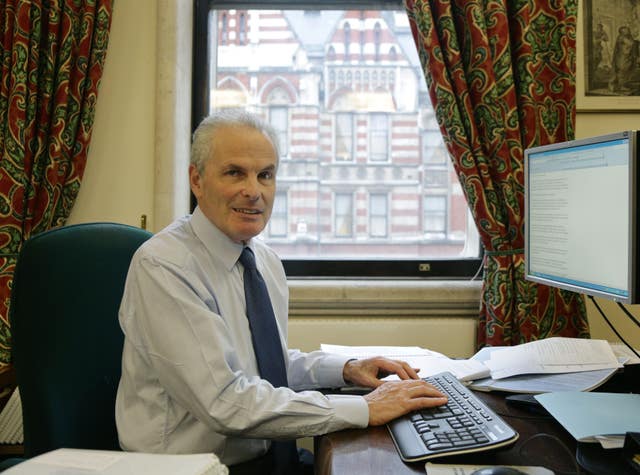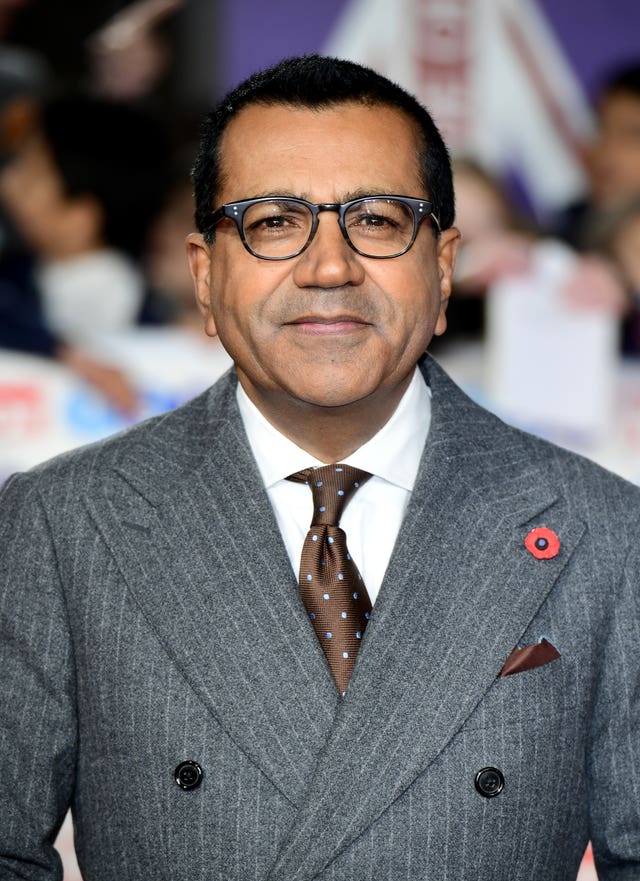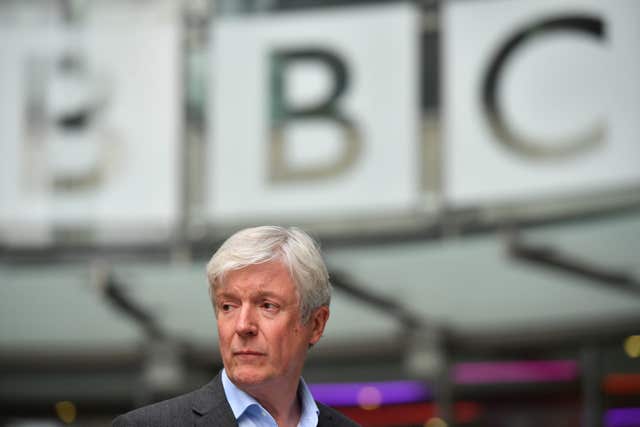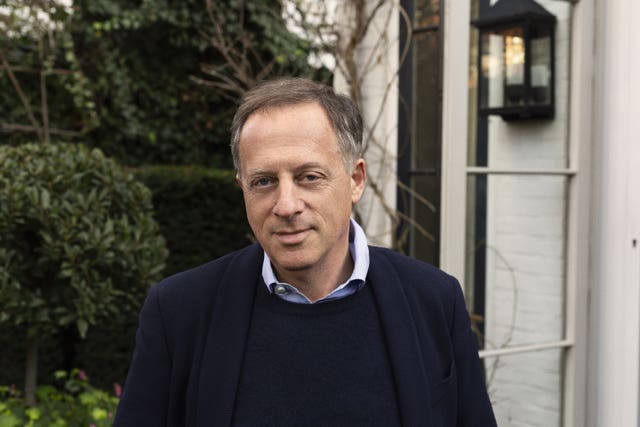BBC board to review editorial policies following Lord Dyson report
The broadcaster has faced criticism over its handling of the scandal.

The BBC board will launch a review into the effectiveness of the broadcaster’s editorial policies and governance following Lord Dyson’s report into the 1995 Panorama interview with Diana, Princess of Wales.
The inquiry by the former master of the rolls concluded that journalist Martin Bashir had used “deceitful behaviour” to land the world exclusive and an internal BBC investigation a year later had covered it up.
In a statement, the BBC board admitted the failings set out in the 127-page document and said it hoped to ensure the “mistakes of the past” were not repeated.
“We recognise the impact that the events it describes has had on so many people, not least those whose lives were personally affected by what happened.
“We also acknowledge that audiences had a right to expect better from the BBC.”
The Digital, Culture, Media and Sport Committee also announced it will hold a session, expected to be in June, to examine questions raised by the report
Committee chairman Julian Knight said: “We believe the BBC has further questions to answer following last week’s report by Lord Dyson and further speculation in the media over the weekend, including views expressed by Martin Bashir himself.

“Scrutiny of the BBC has never come at a more critical time for the broadcaster and we will play our part in this in order to examine events and processes, crucial to retaining audiences’ trust in the BBC.”
The BBC board’s review will be undertaken by a group of non-executive board directors, led by Sir Nick Serota, senior independent director of the BBC.
It will be supported by Ian Hargreaves and Sir Robbie Gibb, non-executive members of the corporation’s editorial guidelines and standards committee, and will report to the BBC board in September.
The review will look at oversight of editorial practices and assess the robustness and independence of whistleblowing processes at the broadcaster.

The board added: “We have confidence that the processes and guidelines in today’s BBC are much stronger than they were in 1995, but we know we must also do what we can to prevent such an incident happening again.
“As such, we think it is right that we review the effectiveness of the BBC’s editorial policies and governance in detail.
“In doing this, the board will hold the Executive to account to ensure there are strong day-to-day editorial processes and a clear route by which to handle any specific issues arising from Lord Dyson’s report.
“The board will look at the culture of the BBC as part of its remit to assess the effectiveness of policies and practice.”

In a letter to director-general Tim Davie, the regulator’s chief executive Dame Melanie Dawes said she looked forward to engaging with the board and was pleased with improvements the broadcaster had made since 2017.
However, she also said: “In our day-to-day dealings with the BBC, we too often meet with reluctance that gives the impression of a bias against transparency.”
In a statement, Dame Melanie added: “We’ve told the BBC that we expect its review to draw from a range of broadcasting expertise. We have also highlighted the need for greater openness and transparency at the BBC in order to maintain public trust, and will pay close attention to the review as it proceeds.”
The BBC has taken steps since 1995 to improve the conduct of its employees, protect whistleblowers and overhaul its complaints process.
However, Lord Hall, who led an internal investigation into the interview in 1996, is facing questions over why Bashir was rehired by the BBC in 2016.
BBC chairman Richard Sharp, who took over the role from Sir David Clementi earlier this year, said there had been “clear failures” at the broadcaster.

“Subsequently, it’s also clear that the approach to reviewing the programme and the practices failed, and that’s a separate failure which was identified in the prince’s (Duke of Cambridge) statement to do with one of governance, accountability and scrutiny.”
Mr Sharp added that he trusted Mr Davie to investigate why Bashir had been rehired.
Ministers may look into whether there are governance issues that need reviewing, outside of the remit of Lord Dyson’s inquiry.
Scotland Yard has said it will study Lord Dyson’s findings to assess whether the report contains any “significant new evidence”.
Lord Dyson said Bashir was in “serious breach” of the BBC’s producer guidelines when he faked bank statements and showed them to Diana’s brother Earl Spencer to gain access to the princess.
An internal inquiry in 1996, led by former director-general Lord Tony Hall, who was director of BBC news and current affairs at the time, exonerated Bashir, even though he had previously admitted lying about the fake documents he used in obtaining the interview.





